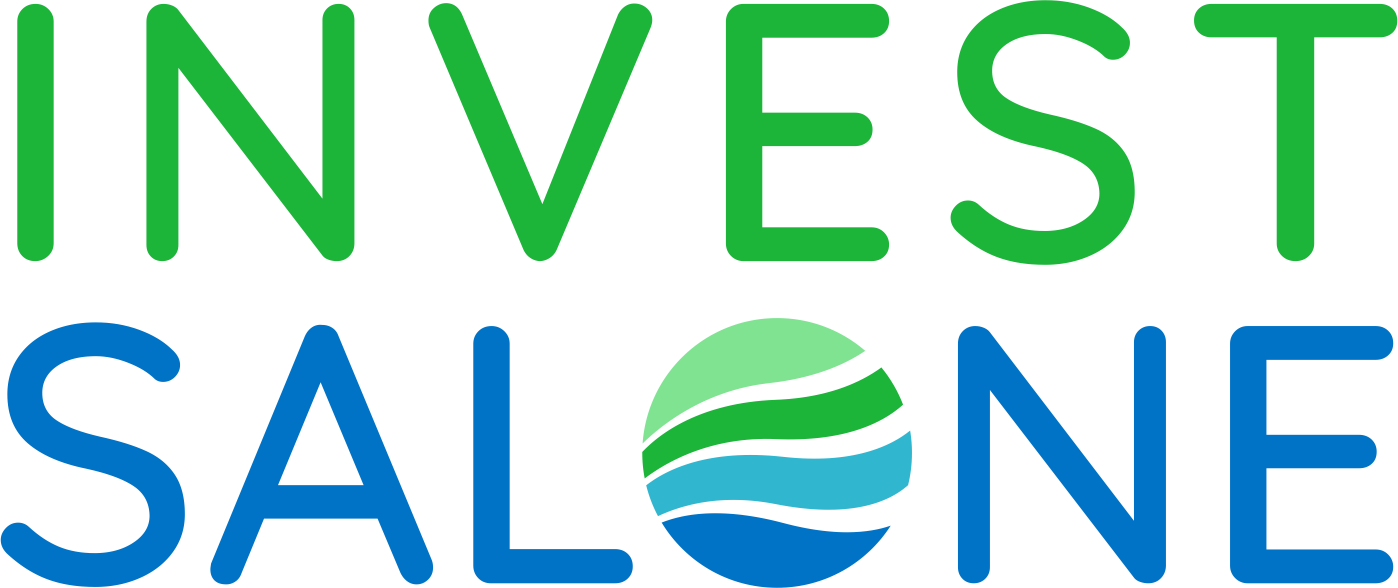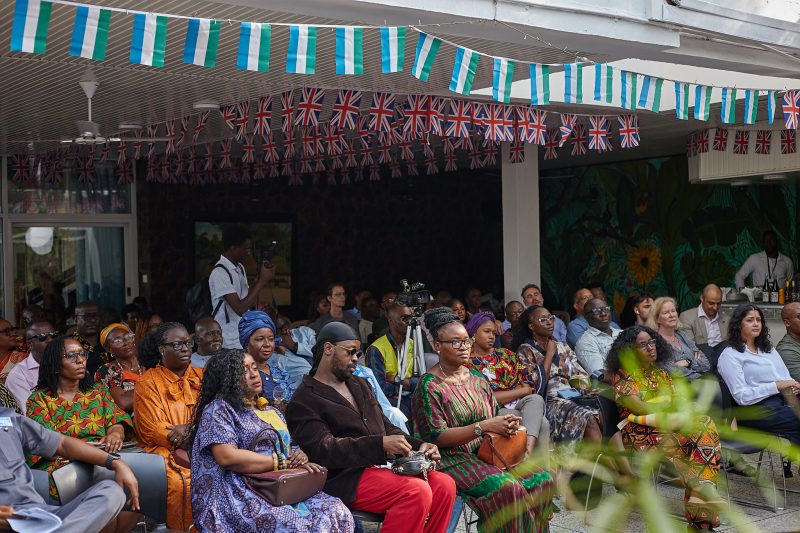A new public–private dialogue (PPD) guide has been launched in Sierra Leone to bridge the gap between the government and the private sector and foster more collaborative and effective policymaking.
The guide – titled, Bridging business and government: The case for institutionalised PPD in Sierra Leone and guidance for its effective implementation – was presented during a recent multi-stakeholder webinar facilitated by Invest Salone, a UK funded private sector development programme.
It provides a practical framework for institutionalising PPD in Sierra Leone and emphasises six core principles: inclusive participation; joint leadership; neutral facilitation; transparency; effective communication; and integration into existing governance structures.
PPD is a collaborative approach to policymaking that draws on the expertise and experience of government, the private sector and other stakeholders. With increasing evidence of its effectiveness, it is seen as a powerful driver of business environment reform and economic growth. The new guide consolidates lessons from Invest Salone and global best practices, emphasising effective dialogue facilitation, stakeholder capacity building and sustainable structures for PPD. By utilising this guidance, the Government of Sierra Leone and its business community can embed PPD into decision-making, ensuring that real-world enterprise needs inform policies and that jointly implemented solutions are effective.
“This guide serves as a non-prescriptive resource designed to align public sector development objectives with private sector capabilities, while facilitating structured, outcome-focused dialogue,” said Dr Sia Foday-Iscandari, Deputy Team Leader at Invest Salone, adding that the guide had been specifically tailored to Sierra Leone’s social and economic context, drawing on global best practices.
Participants at the launch webinar included representatives from Sierra Leone’s Ministry of Trade and Industry (MTI), Ministry of Finance (MoF), Public Sector Reform Unit (PSRU), Chamber of Commerce, Industry and Agriculture (SLCCIA) – alongside the British Chamber of Commerce and other partners. Together, they explored ways to apply the toolkit across sectors, with discussions highlighting recent examples of successful PPD initiatives, such as the Finance Act 2023 consultations, women’s access to finance programmes and copyright law reforms.
Stakeholders welcomed the initiative as a timely step toward strengthening investor confidence and ensuring policy reforms are inclusive and sustainable. “This is about moving from dialogue to action,” noted one participant, emphasising the importance of embedding PPD within Sierra Leone’s governance and reform processes.
Building on the work of the guide, stakeholders then outlined next steps for institutionalising PPD in Sierra Leone, including:
- Review and feedback of the PPD guide, focusing on transparency, inclusivity, and ownership
- Integration of PPD outputs into the Public Service Reform Roadmap (with PSRU)
- Discussions on establishing a national PPD platform (with MTI, SLCCIA, National Investment Board and the Business Environment and Competitiveness for Salone [BECS] programme)
- Consultation with stakeholders on the Finance Act 2026 (with MoF and SLCCIA).
Ultimately, this will help to build a more collaborative and investment-friendly Sierra Leone, where public policy is shaped by practical, private sector insights to drive sustainable economic growth.






